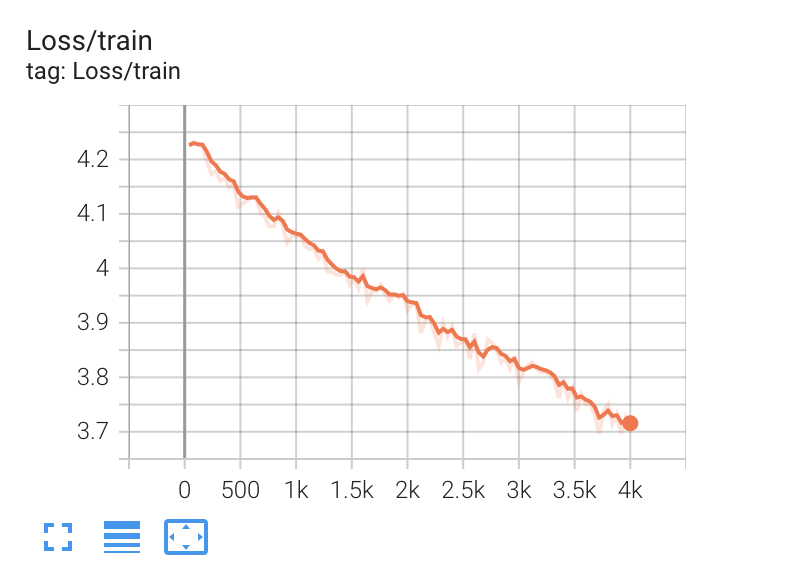This repository contains code for fintune ChatGLM-6b using low-rank adaptation (LoRA).
We also provide a finetuned weight.
The minimum required GPU memory is 24G, RTX3090 is enough for training.
- 2022/3/28: Optimized code structure, more simple and clear. Add training instruction.
- 2022/3/24: Support Multi-GPU training, DeepSpeed, Batch collate. Using accelerate to launch
train.py
import loralib as lora
import lora_utils.insert_lora
import dataset.GLM as GLM_Data
from torch.utils.data import DataLoader
from transformers import AutoTokenizer, AutoModel
device = 'cuda'
checkpoint = "THUDM/chatglm-6b"
# load model
tokenizer = AutoTokenizer.from_pretrained(checkpoint, trust_remote_code=True)
model = AutoModel.from_pretrained(checkpoint, trust_remote_code=True)
# get LoRA model
lora_config = {
'r': 32,
'lora_alpha':32,
'lora_dropout':0.1,
'enable_lora':[True, True, True],
}
model = lora_utils.insert_lora.get_lora_model(model, lora_config)
### trainable_params:22020096 (0.35%), non_trainable_params:6255206400
# get Dataloader
pairs = [{'prompt':'Hello!', 'completion':'Hi! This is ChatGLM.'}]
pairs_encoded = GLM_Data.encode_pairs(pairs, tokenizer)
train_dataset = GLM_Data.GLMDataset(pairs_encoded)
train_dataloader = DataLoader(dataset=train_dataset, collate_fn = GLM_Data.collate_fn, shuffle=True, batch_size=1)
# training
model.half().to(device)
batch = {k: v.to(device) for k, v in next(iter(train_dataloader)).items()}
outputs = model(**batch)
outputs.loss.backward()Using accelerate CLI tool to launch multiprocess / distributed training:
accelerate launch --config_file config/default_config.yaml train_new.py
Likes OpenAI's fintune API, the data should be in following structure:
[
{'prompt': <enter the prompt here (can be instrcution)>, 'completion': <the expectation completion>},
{'prompt': <enter the prompt here (can be instrcution)>, 'completion': <the expectation completion>},
...,
{'prompt': <enter the prompt here (can be instrcution)>, 'completion': <the expectation completion>},
]It is a list of prompt-completion pairs.
Here we use the Stanford Alpaca's Dataset as an example for fine-tuning. We also provide a finetuned weight.
example line:
{'prompt': 'Below is an instruction that describes a task, paired with an input that provides further context. Write a response that appropriately completes the request.\n\n### Instruction:\nClassify the movie genres from the given context.\n\n### Input:\nThis movie tells the story of two brothers who were both born with magical powers.\n\n### Response:', 'completion': 'Fantasy'}
Training for Stanford Alpaca's Dataset should within 30min per epoch on 4*V100
You may observe a typical training loss curve:
 Note: vary with different dataset
Note: vary with different dataset
lora_config = {
'r': 32,
'lora_alpha':32,
'lora_dropout':0.1,
'enable_lora':[True, True, True],
}Using above LoRA config, we have trainable_params:22020096 (0.35%), non_trainable_params:6255206400
torch.save(lora.lora_state_dict(model), 'path to file you saved')
model.load_state_dict(torch.load('path to file you saved'), strict=False)